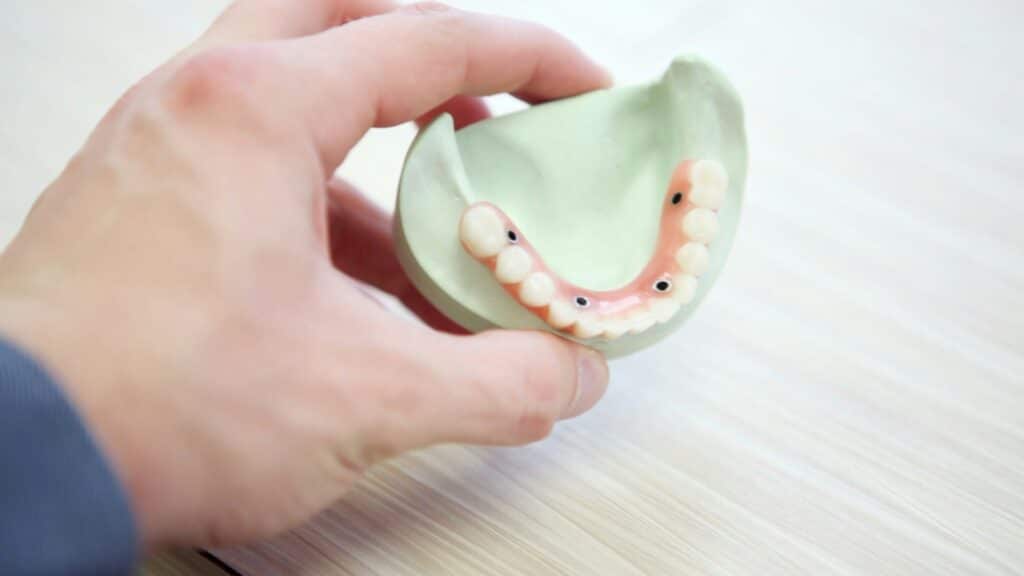Getting dental implants is a positive step towards restoring your smile and oral health. While the surgery itself is a significant procedure, understanding what happens afterward is key to a successful recovery. Knowing what to expect can help you prepare for the healing process, ensuring you take the right steps to promote recovery and minimize discomfort.
After dental implant surgery, your focus will shift to managing pain and ensuring the implant heals properly. It’s normal to experience some swelling and tenderness, but these symptoms can be managed with proper care and medication. Adjusting your diet to include soft, soothing foods can also aid in healing and make eating more comfortable.
As you recover, maintaining good oral hygiene and following your dentist’s advice is essential. Each stage of the recovery process is important, and taking care of your new implants will ensure they become a lasting part of your healthy smile. With the right knowledge and approach, you can navigate the post-surgery period with confidence and get back to enjoying the benefits of your new implants.
Immediate Aftercare and Recovery
Right after your dental implant surgery, it’s important to focus on healing and managing any discomfort you might feel. Pain and swelling are common, but they can be controlled with proper care. Your dentist will likely prescribe pain relievers or suggest over-the-counter medications. Ice packs applied to the outside of the cheek can also reduce swelling and provide soothing relief. Remember to follow your dentist’s recommendations on medication and its dosage.
Adjusting your diet is another crucial part of recovery. For the first few days, stick to soft foods and liquids to avoid putting stress on the implant site. Soups, smoothies, and mashed potatoes are good choices. Be sure to avoid foods that are too hot, cold, or spicy, as these might cause irritation. Chewing gum and hard candies are also off-limits since they can disturb the healing process.
Being mindful of these immediate aftercare steps will help ensure your recovery is smooth, minimizing discomfort and helping your dental implants heal properly.
Common Side Effects and How to Handle Them
After dental implant surgery, it’s normal to experience some temporary side effects. Understanding these will help you manage them effectively. You might feel discomfort such as tenderness around the implant area, but this should ease within a few days. Keeping up with prescribed pain relief can help make this period more comfortable. Rest is equally important to allow your body to heal properly.
Swelling and bruising around the gums and jaw area are also common side effects. Swelling generally peaks two to three days post-surgery and then should gradually subside. Applying cold compresses can help manage these symptoms, and as the swelling goes down, you might begin to see some bruising, which is simply a part of the healing process.
Adopting these strategies will help you manage any discomfort effectively during the initial recovery period, setting a strong foundation for the long-term success of your dental implants.
Long-Term Healing Process
The healing process following dental implant surgery extends beyond the initial recovery phase. One of the key aspects is the integration of the implant with your jawbone, known as osseointegration. This process typically takes several months and is crucial for the stability of the implant. During this time, bone cells grow and attach to the rough surface of the implant, which helps anchor it securely in place.
To ensure successful integration, it’s essential to attend regular follow-up appointments with your dentist. These visits allow the dentist to monitor how well the implant is healing and to address any issues early on. During these check-ups, your dentist may take X-rays and assess the implant’s stability.
The timeline for a complete healing process may vary depending on individual health factors and adherence to aftercare instructions. Maintaining healthy oral practices and monitoring the implant area will contribute to a successful outcome. Your patience and vigilance during this phase are instrumental in securing the long-term success of your dental implants.
Tips for Successful Recovery
Following a set of structured recovery tips can greatly enhance the outcome of your dental implant procedure. Taking care of your oral hygiene is essential while your implant heals. Gently brushing with a soft-bristled toothbrush can help keep the area clean without irritating the surgical site. Using an antimicrobial mouthwash can also help reduce bacteria and prevent infections.
Making these lifestyle adjustments will support the healing process and promote overall well-being, ensuring your dental implants integrate effectively and provide a strong, long-lasting solution for missing teeth.
Conclusion
Dental implant surgery is a significant step towards restoring your oral health and smile. Knowing what to expect and how to manage the post-surgery phase can make a big difference in your recovery process.
From immediate aftercare to handling common side effects and focusing on long-term healing, each step is vital to ensuring your dental implants are a success. By following professional advice and staying committed to healthy habits, you set a strong foundation for the future of your dental health.
For those preparing for dental implants in Ajax or navigating the recovery process, it’s crucial to stay informed and proactive. At Pickering Dental Services, we guide you through each step, offering expert care and support to help you achieve the best results. If you’re ready to enhance your smile and improve your oral health, contact us today to learn more about our services and how we can assist you in your dental journey.



